
4 min read
How to...Design a Kitchen That Supports Your Wellbeing Part 1
WLLW dives into designing the kitchen, crafting a space for health and connection.
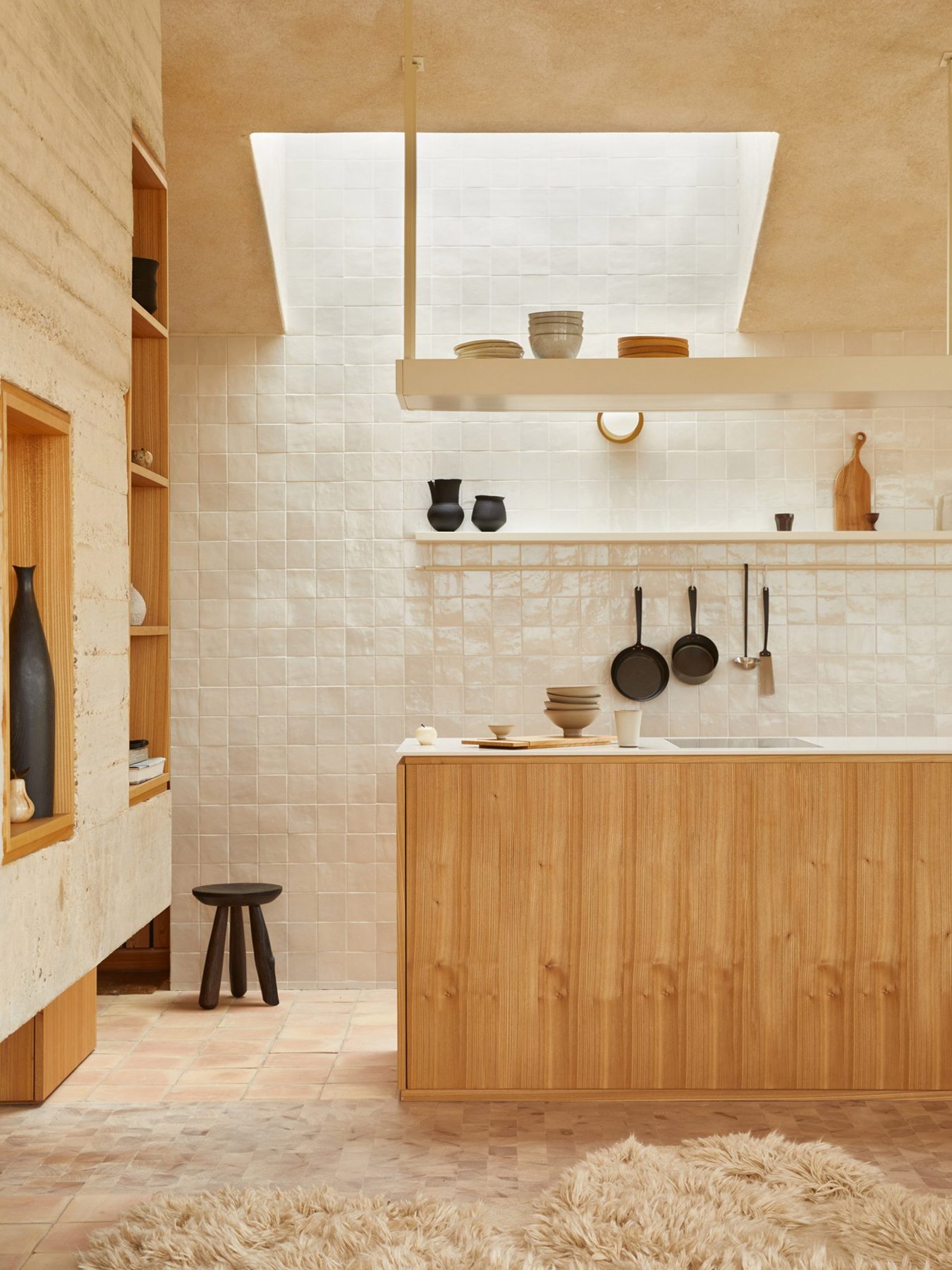
6 min read
Transform your space with environmentally-friendly updates that promote wellness and sustainability, one easy swap at a time.
In this first installment, we turn our attention to the kitchen, the heart of our homes and a place that should nourish us. Here are some simple changes you can make around the kitchen to reduce toxins, limit waste and create a more sustainable space.

Non-stick cookware may seem like a convenient option, but many traditional non-stick coatings are made with chemicals like perfluorooctanoic acid (PFOA) and polytetrafluoroethylene (PTFE), part of a large group of lab-made chemicals known as perfluoroalkyl and polyfluoroalkyl substances (PFAS), which can release harmful fumes when heated. These chemicals are linked to various health concerns, including hormone disruption and respiratory issues. While many manufacturers have moved away from PFOA, non-stick coatings can still degrade over time, releasing harmful particles into your food. The EWG states that within two to five minutes on a conventional stovetop, cookware coated with Teflon and other non-stick surfaces can exceed temperatures at which the coating breaks apart and emits toxic particles. These chemicals have even been linked to pet bird deaths.
Opt for stainless steel or cast iron cookware. Stainless steel is non-reactive, durable, and perfect for sautéing or boiling. Cast iron, when seasoned properly, offers a natural non-stick surface and adds iron to your diet. These options last longer and therefore reduce waste.
Plastic containers are common in kitchens, but they can pose health risks, especially when used for storing food. Many plastics contain chemicals like BPA or phthalates, which can leach into food, particularly when heated. These chemicals are linked to various health issues, including endocrine disruption and reproductive harm. Additionally, plastic containers can stain, retain odors and degrade over time, leading to more waste.
Replace plastic containers with glass alternatives. Glass is non-toxic, doesn’t leach chemicals, and is safe for reheating food. It’s also more durable, meaning it will last longer and won't degrade like plastic. Choosing glass also helps reduce your reliance on single-use plastics, which are a significant source of environmental pollution. Glass containers are fully recyclable, making them a more sustainable choice.


Many types of tableware, such as plastic, melamine and non-stick coated items, pose health risks when exposed to high heat or wear over time. These materials can release harmful chemicals into food, which is especially concerning for children’s products, as kids are more vulnerable to toxins. Common plastic or synthetic tableware often contains BPA or phthalates, which can disrupt hormones and impact long-term health. Additionally, many of these materials are not biodegradable, contributing to environmental harm. Even your dish-drying tools, like plastic drying racks, can degrade over time and release particles into your utensils and plates.
Choose natural and durable materials like ceramic, glass or stainless steel, which are safer for both adults and children. Ceramic and glass are particularly great options for their non-porous surfaces, which resist bacteria and odors, and they do not degrade over time. Consider swapping your dish-drying setup for stainless steel racks or natural fiber mats to ensure that harmful particles aren’t reintroduced into your clean dishes.
Plastic cooking utensils, containers and cutting boards can degrade over time, releasing microplastics into your food and contributing to plastic pollution. Additionally, plastic utensils are often made with BPAs for rigidity, and can warp or melt when exposed to heat, further releasing harmful particles.
Replace plastic utensils with wooden alternatives. Wooden spoons, spatulas and cutting boards are naturally antibacterial and won’t scratch your cookware. Hardwood, especially maple and teak, is non-porous and naturally resistant to bacteria growth. Always clean cutting boards after use, especially after handling raw meat and poultry. Vinegar and salt make excellent natural cleaners for wooden surfaces.
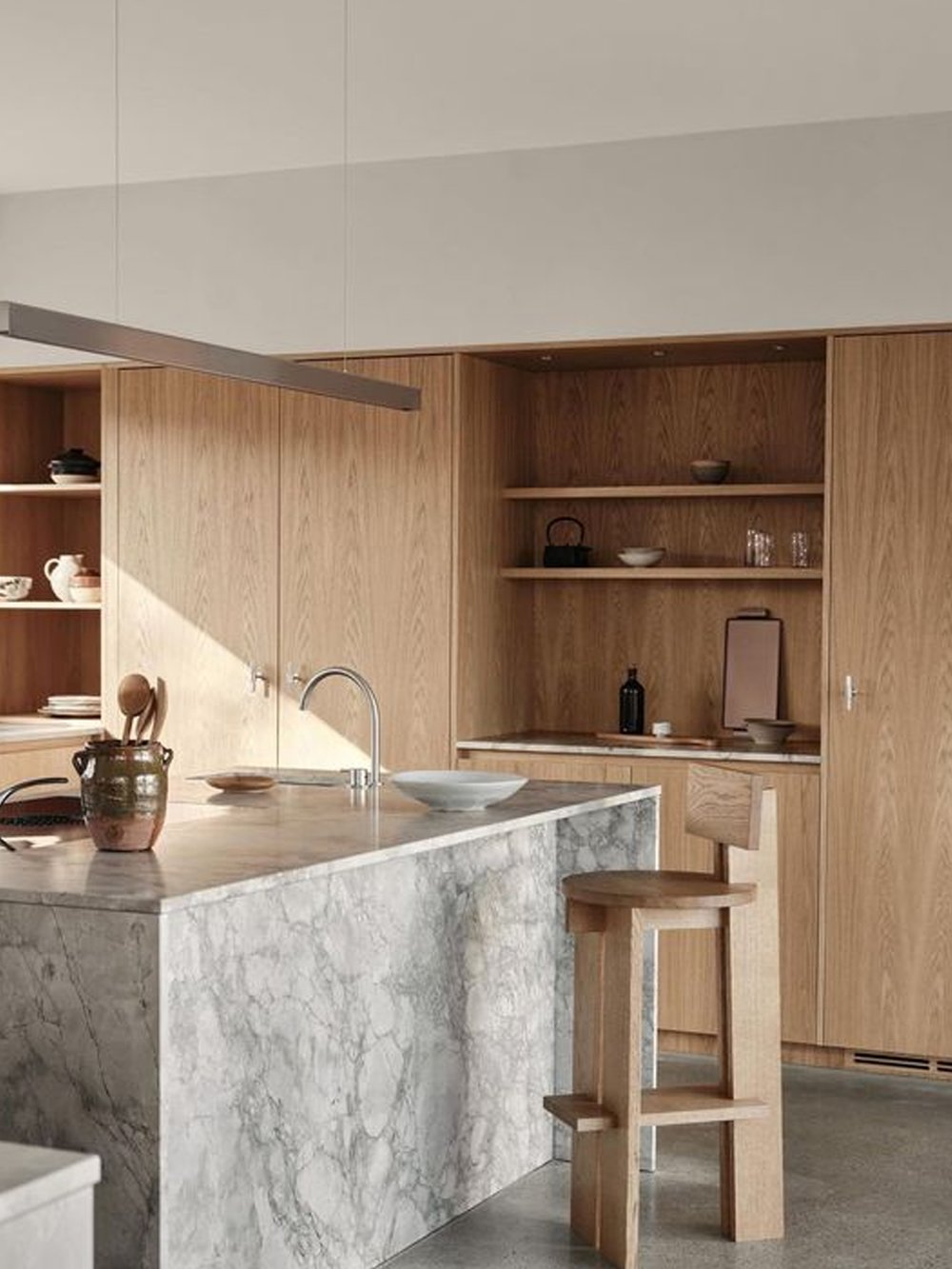

Plastic wrap is a common kitchen staple, but it is single-use and non-recyclable, contributing to the growing problem of plastic waste. Additionally, plastic wrap often contains PVC or other harmful chemicals that can leach into food when used for storage. Tinfoil is another popular option, but studies show that cooking with aluminum foil can cause the metal to leach into food, potentially increasing the risk of osteoporosis and Alzheimer’s due to aluminum accumulation in the body. One study found that cooking red meat in aluminum foil could increase its aluminum content by 89 percent to 378 percent.
Switch to reusable beeswax wraps. These wraps are made from organic cotton infused with beeswax, jojoba oil and tree resin. They’re naturally antimicrobial and moldable, perfect for wrapping sandwiches, covering bowls or storing fresh produce. Beeswax wraps are biodegradable and can be reused for up to a year, reducing plastic waste and keeping your food fresh without harmful chemicals. As another option, unbleached parchment paper can be reused, unless very greasy, and is recyclable or compostable, making it another environmentally-friendly alternative.
Many people turn to bottled water as a perceived cleaner and safer option than the tap, but single-use plastic bottles contribute heavily to environmental pollution. Even when recycled, the production and disposal of plastic bottles use significant amounts of energy and resources. Additionally, bottled water is often no better than tap water in terms of purity and safety.
Invest in a water filter for your tap water. Filtration systems, whether installed directly onto your faucet or as a standalone pitcher, remove impurities such as chlorine, heavy metals and other contaminants, providing you with clean and safe drinking water. This swap eliminates the need for single-use plastic bottles, reduces waste, and ensures you have access to fresh water without the environmental impact.

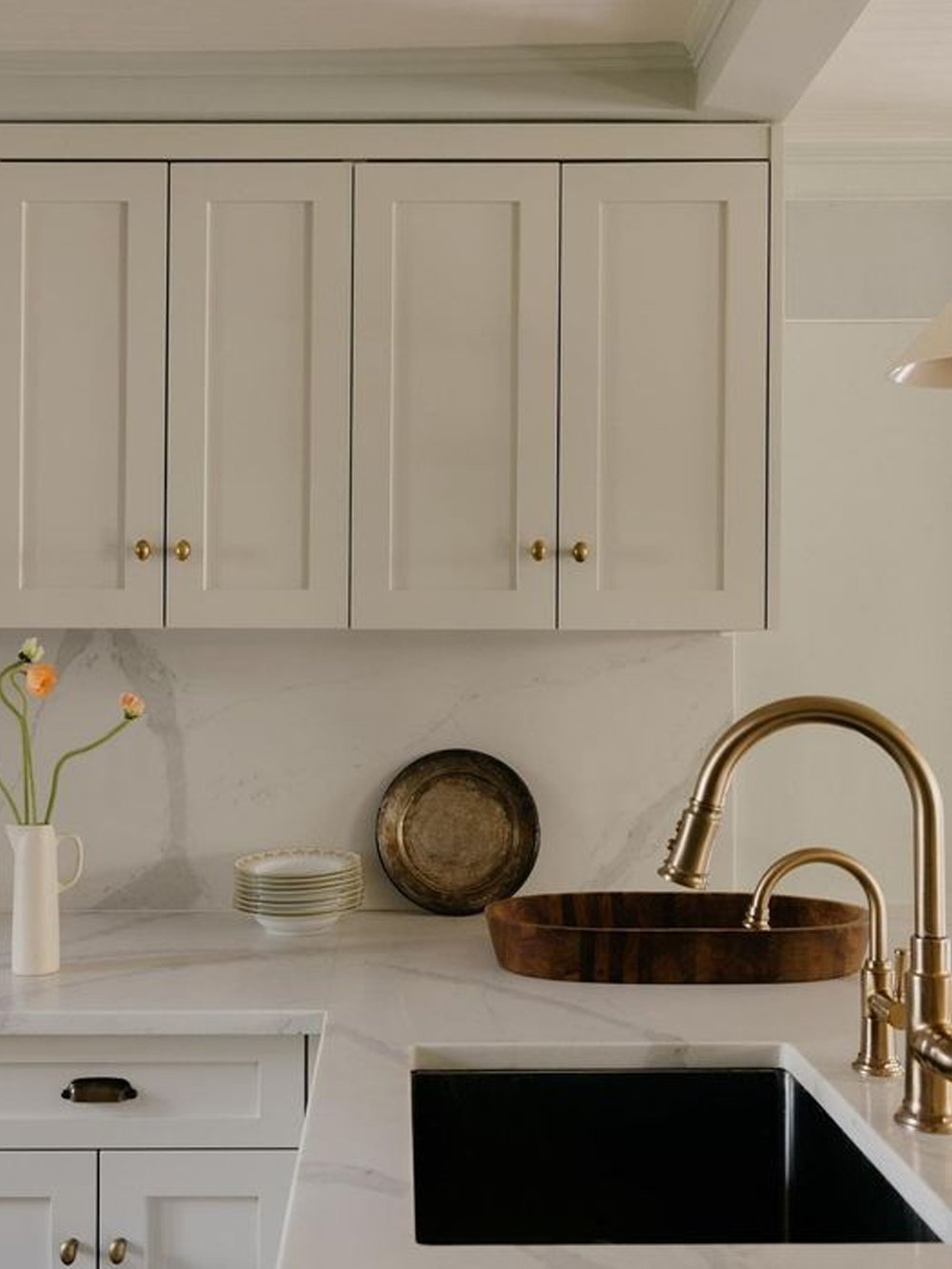
Buying herbs from the store often means excessive packaging, including plastic, and the herbs themselves tend to lose their freshness quickly. Store-bought herbs may also be treated with pesticides and other chemicals, which can reduce their nutritional value and pose health risks over time.
Start growing your own herbs and small plants in the kitchen. Herbs like basil, mint, rosemary and cilantro thrive indoors with minimal care. Not only do they add fresh flavor to your cooking, but they also purify the air and reduce the need for plastic-packaged herbs. Growing your own herbs reduces food waste, ensures chemical-free produce and enhances the sustainability of your kitchen by cutting down on food miles and packaging. Plus, there's something rewarding about harvesting fresh herbs right from your windowsill!
Many conventional dish soaps and kitchen cleaners contain harsh chemicals like synthetic fragrances, phosphates, and sulfates that can be harmful to your health and the environment. These chemicals can irritate your skin and eyes, and when washed down the drain, they contribute to water pollution and harm aquatic life. In addition, synthetic sponges often harbor bacteria and microplastics, and dish towels, if not washed regularly, can accumulate germs, contributing to an unhygienic kitchen environment.
Opt for natural, plant-based cleaning products that use biodegradable ingredients and essential oils for fragrance. Look for environmentally-friendly brands that avoid harmful chemicals and prioritize sustainability in their packaging. You can also make your own cleaning solutions using natural ingredients like vinegar, baking soda and lemon, which are non-toxic and just as effective for everyday cleaning tasks. Also, switch to natural fiber dish towels and dish cloths and sponges made from biodegradable materials, washing and replacing them frequently to maintain a clean, bacteria-free kitchen.


Neglecting kitchen maintenance can pose serious health risks. Dusty fridge coils can cause the fridge to overheat and malfunction, leading to improper food storage and the growth of harmful bacteria. Unclean oven hoods and exhaust fans can accumulate grease, which increases the risk of fire and lowers air quality. Dirty dishwashers, microwave filters, and sink drains can also harbor germs, mold and bad odors, making the kitchen an unhygienic environment for preparing meals.
Exchange disposable oven hood filters for washable or reusable ones that you can easily clean every few months. Clean fridge coils every six months to ensure efficient operation. Opt for sustainable, non-toxic cleaning products to clean surfaces, drains, and appliances.
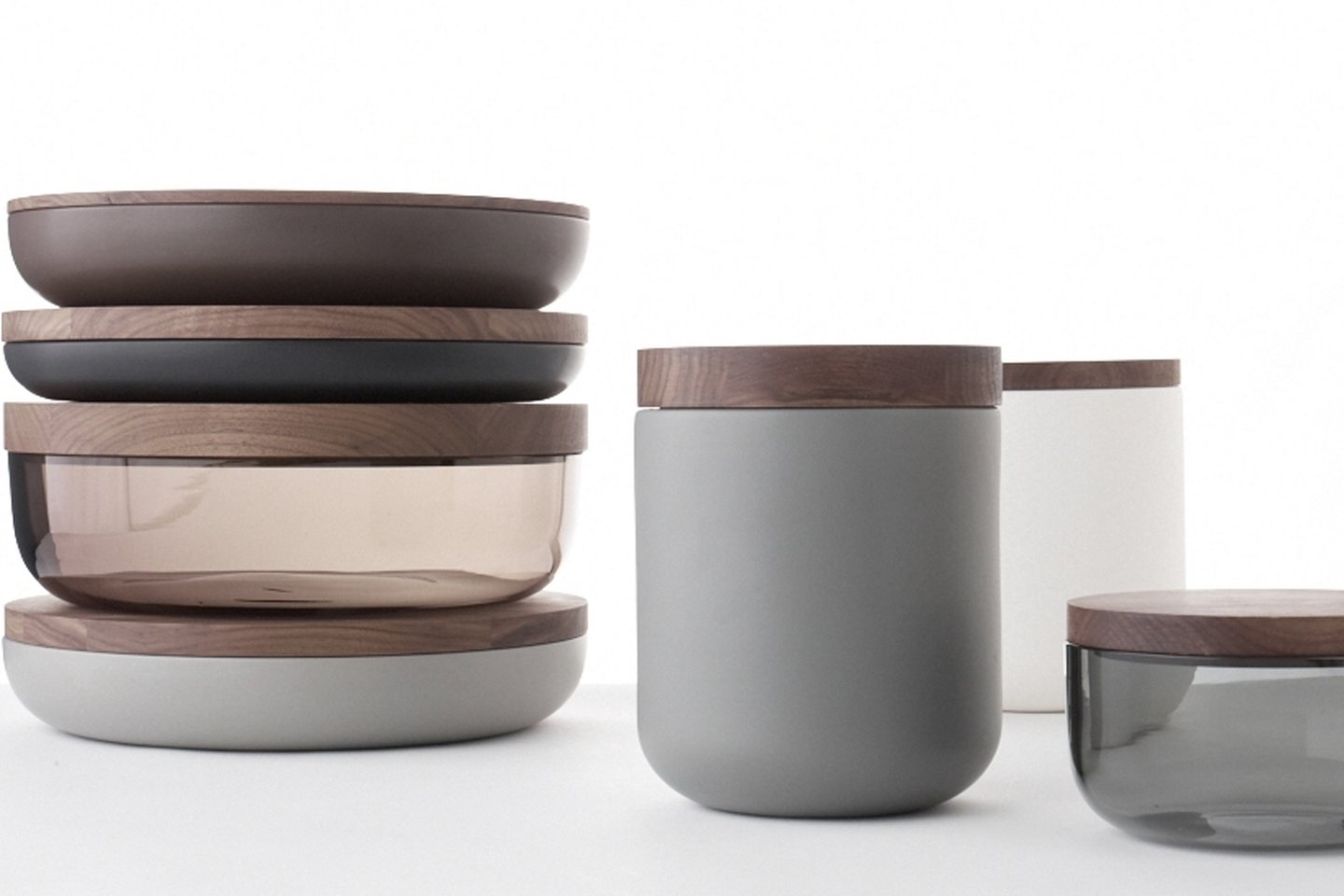
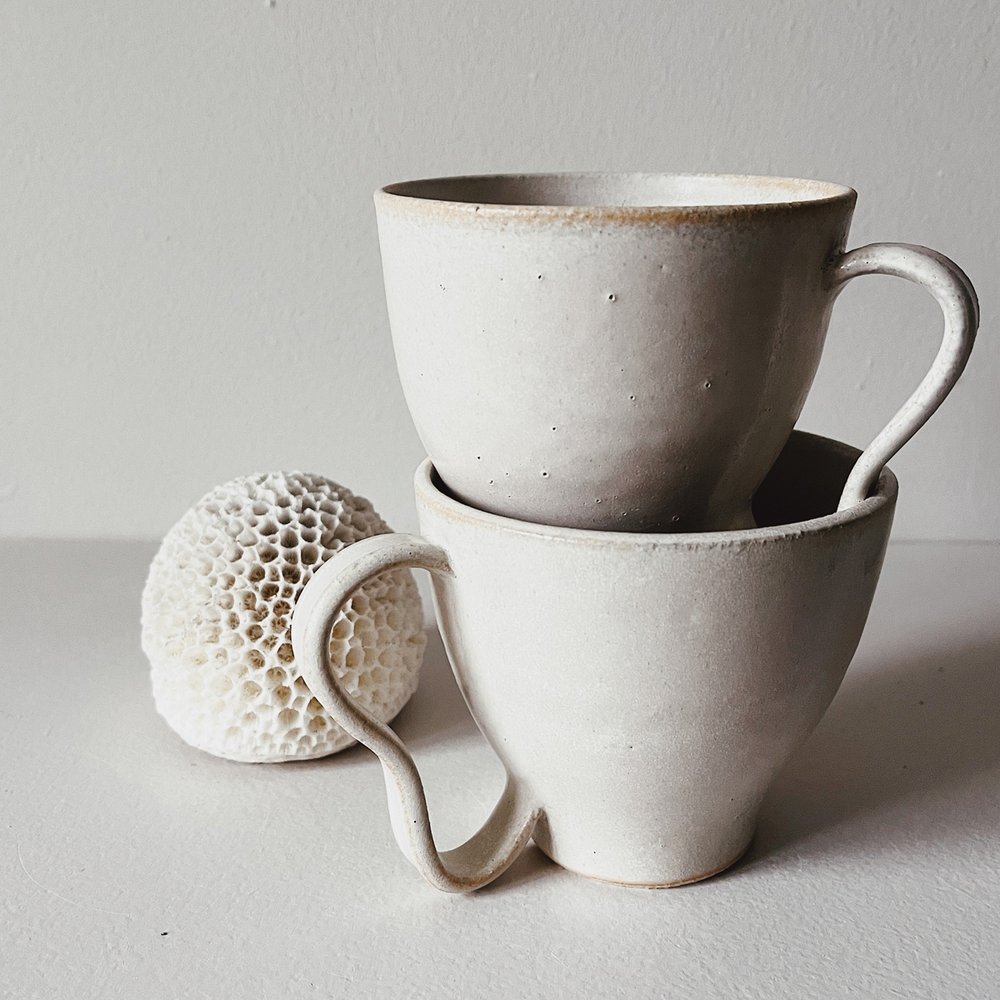
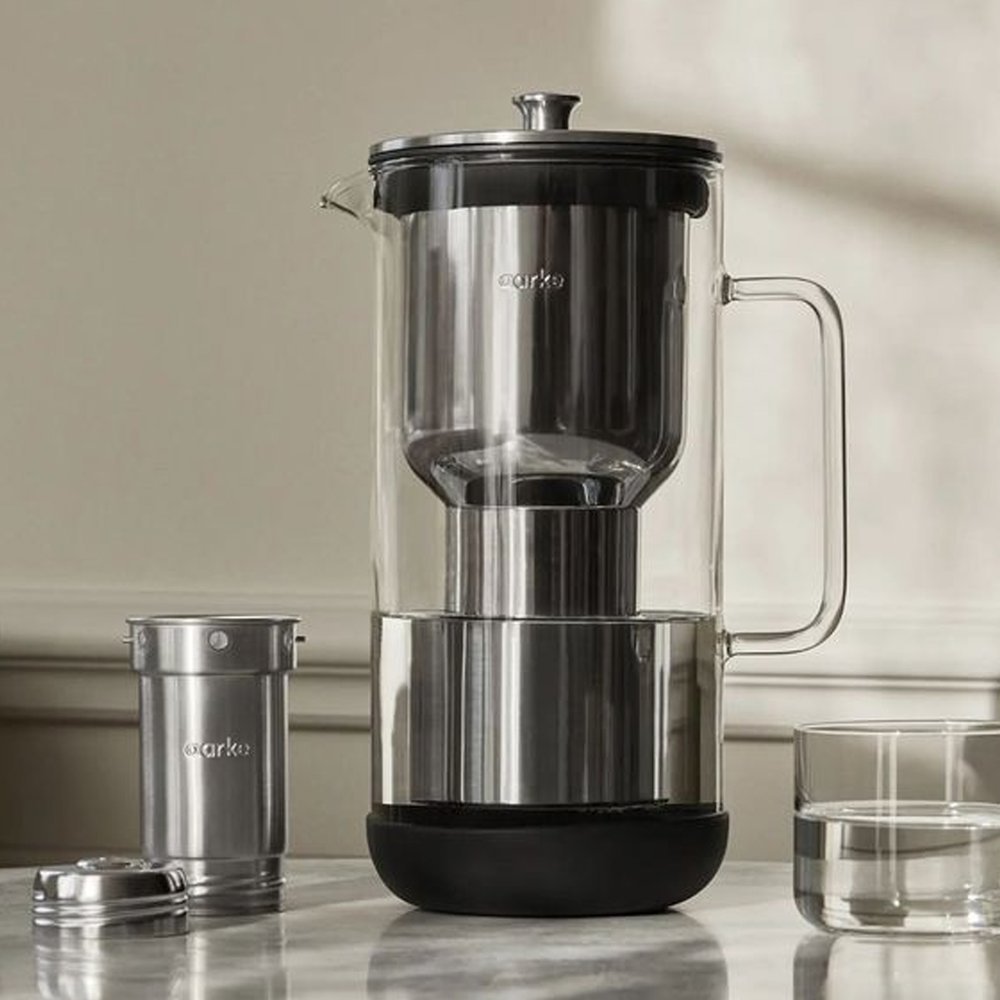
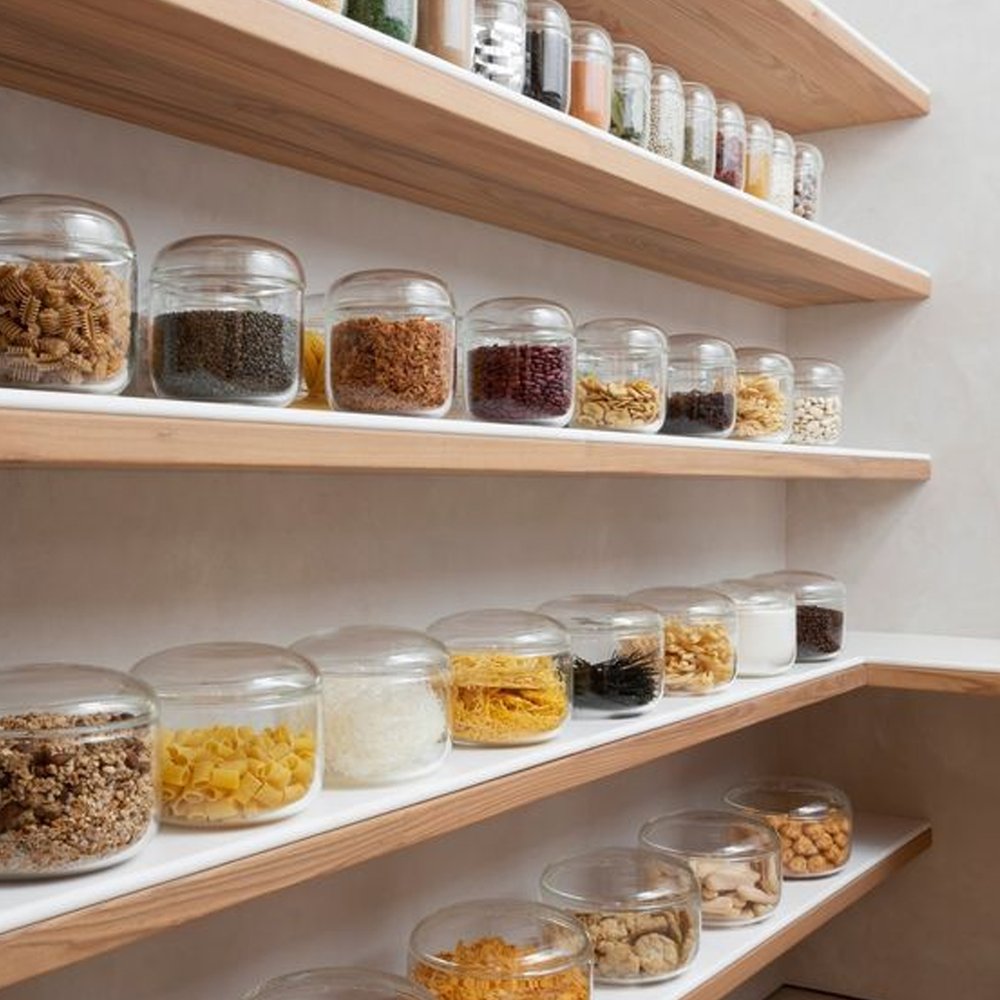
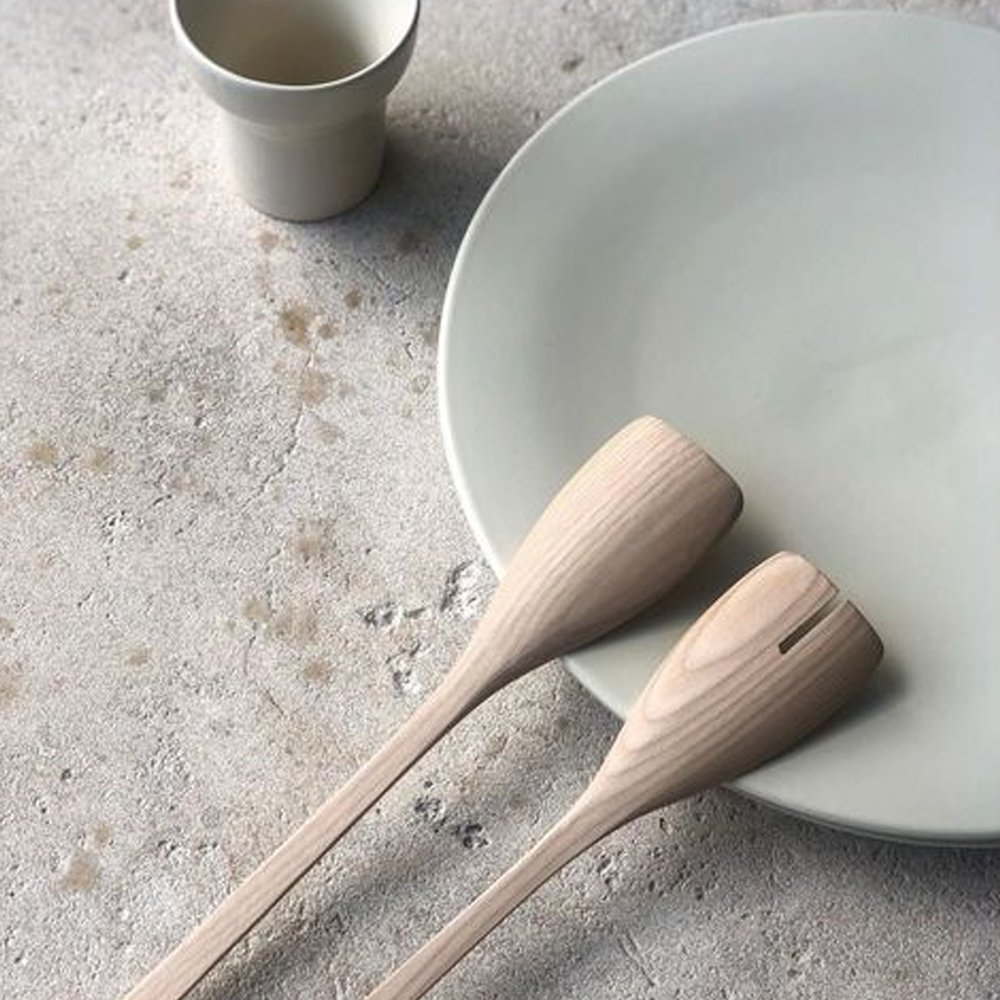
Feature Image: Designed by Hutch Design, Photo by Helen Cathcart
Photography: William Jess Laird, Virtually Here Studio, Nicole Franzen, Andrea Papini, Brian Wetzel, When Objects Work, Robynn Storgaard, Aarke

4 min read
WLLW dives into designing the kitchen, crafting a space for health and connection.

7 min read
WLLW continues our kitchen series by focusing on functional design that can positively impact our overall health.